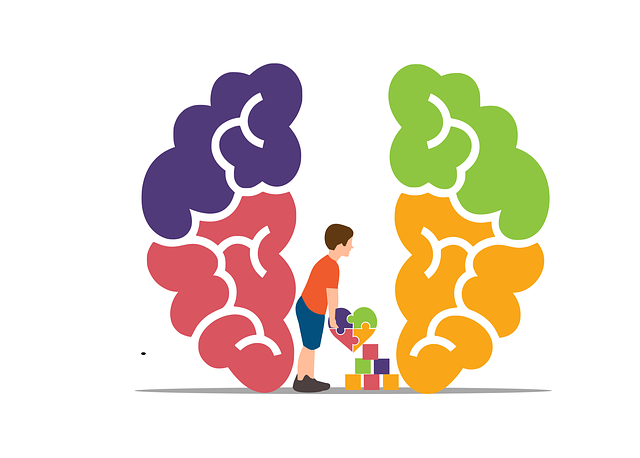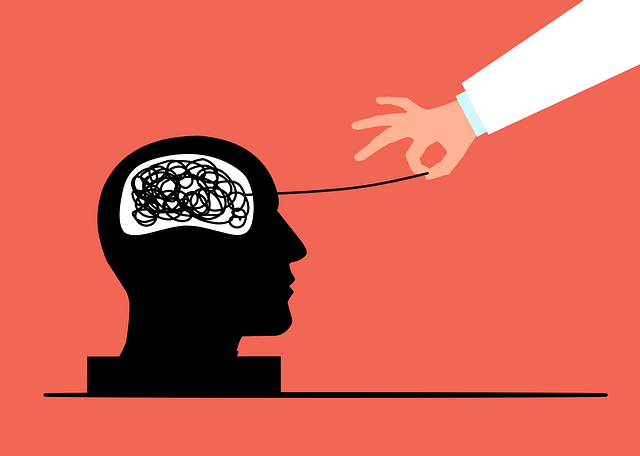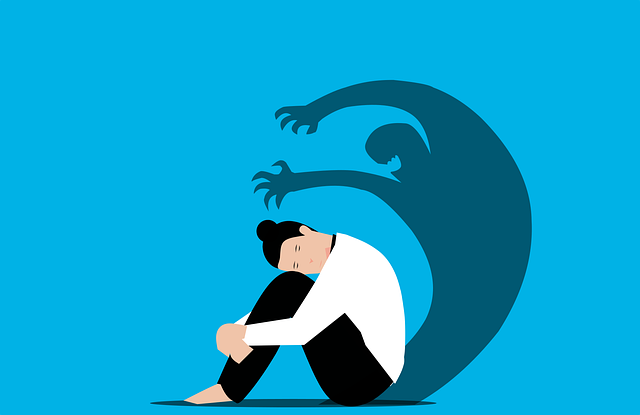Lafayette faces unique mental health challenges, particularly a higher occurrence of Obsessive-Compulsive Disorder (OCD). Access to specialized OCD therapy, such as Exposure and Response Prevention (ERP), integrated with emotion regulation techniques like Cognitive Behavioral Therapy (CBT) and mindfulness practices, is vital. These methods empower individuals to manage emotions, break anxiety cycles, and improve quality of life. By teaching self-awareness, changing thought patterns, and incorporating tailored stress reduction methods, Lafayette OCD therapy has seen success stories, revolutionizing mental health care for the community.
Emotion regulation techniques are essential tools in mental health, especially for managing conditions like Lafayette Obsessive-Compulsive Disorder (OCD). This article explores the fundamentals of emotion regulation, delving into its significance and challenges specific to OCD. We present effective teaching methods and practical strategies for therapists integrating emotion regulation into treatment. Through inspiring case studies, we demonstrate how these techniques can lead to successful outcomes in Lafayette OCD therapy, offering hope and improved quality of life for those affected.
- Understanding Emotion Regulation: Unraveling the Basics
- Lafayette Obsessive-Compulsive Disorder (OCD) and Emotion Regulation Challenges
- Effective Techniques for Teaching Emotion Regulation Skills
- Practical Strategies for Integrating Emotion Regulation into Therapy
- Case Studies: Success Stories in OCD Therapy Through Emotion Regulation
Understanding Emotion Regulation: Unraveling the Basics

Emotion regulation techniques are crucial for managing mental wellness and overall well-being. It involves understanding and controlling emotional responses to various situations, ensuring individuals can maintain a stable mood while adapting to life’s challenges. By learning effective strategies, people with conditions like Lafayette Obsessive Compulsive Disorder (OCD) can improve their ability to cope with intense emotions, reduce symptoms of anxiety, and enhance their quality of life.
Unraveling the basics of emotion regulation helps in identifying triggers, recognizing emotional patterns, and developing healthy coping mechanisms. This process involves being mindful of one’s feelings, practicing self-care, engaging in activities that promote relaxation, and using evidence-based techniques such as cognitive behavioral therapy (CBT). Through these efforts, individuals can break free from the cycle of mental illness stigma reduction while fostering a sense of control over their emotional lives, ultimately leading to better mood management.
Lafayette Obsessive-Compulsive Disorder (OCD) and Emotion Regulation Challenges

Lafayette, like many places, faces unique mental health challenges, notably with a higher prevalence of Obsessive-Compulsive Disorder (OCD). OCD is characterized by intrusive thoughts and repetitive behaviors designed to alleviate anxiety, creating a vicious cycle that can be difficult to break. In Lafayette, access to specialized therapy for OCD, such as Exposure and Response Prevention (ERP) which is widely recognized as the most effective treatment for OCD, plays a crucial role in improving quality of life for those affected.
Emotion regulation challenges often accompany OCD, making it even more complex. Social Skills Training, Compassion Cultivation Practices, and Mental Health Education Programs Design can be integrated into therapy to address these co-occurring issues. By teaching individuals coping mechanisms and fostering understanding of their emotions, these approaches not only complement Lafayette OCD therapy but also empower individuals with lifelong skills for managing mental health effectively.
Effective Techniques for Teaching Emotion Regulation Skills

Teaching emotion regulation skills is a vital component of mental health awareness and wellness. In the context of Lafayette Obsessive Compulsive Disorder (OCD) therapy, for instance, practitioners employ various effective techniques to empower individuals in managing their emotions. Cognitive Behavioral Therapy (CBT), one such evidence-based approach, focuses on identifying and changing negative thought patterns that contribute to emotional distress.
This process involves helping clients understand the connection between thoughts, feelings, and behaviors, fostering a deeper self-awareness. Mindfulness practices, another powerful tool in mental wellness, encourage individuals to stay present and observe their emotions without judgment. Incorporating these strategies into daily routines can significantly aid in burnout prevention by promoting better emotional resilience and overall mental health.
Practical Strategies for Integrating Emotion Regulation into Therapy

Integrating emotion regulation into therapy is a powerful approach to empowering individuals, especially those dealing with conditions like Obsessive Compulsive Disorder (OCD) in Lafayette. Practicing self-awareness exercises and mindfulness techniques can provide clients with valuable tools to manage their emotions effectively. By incorporating these strategies into treatment sessions, therapists enable patients to gain insights into their emotional triggers and develop healthy coping mechanisms.
The Stress Management Workshops Organization emphasizes the importance of teaching individuals specific stress reduction methods tailored to their unique needs. This personalized approach allows for better preparation in navigating challenging situations that may arise outside of therapy sessions. Through regular practice, clients can enhance their ability to regulate emotions, leading to improved overall well-being and a reduced impact of OCD symptoms in Lafayette.
Case Studies: Success Stories in OCD Therapy Through Emotion Regulation

In the realm of Lafayette Obsessive Compulsive Disorder (OCD) therapy, emotion regulation techniques have emerged as powerful tools for success stories. Many patients who once struggled with intense, debilitating symptoms have found relief and improved quality of life through targeted interventions focusing on managing emotions effectively. Case studies highlight the transformative power of combining cognitive-behavioral therapy (CBT) with strategies like mindfulness exercises and self-awareness training.
These approaches not only help individuals recognize and understand their emotional triggers but also equip them with healthy coping mechanisms. By enhancing self-esteem improvement and fostering better social skills training, emotion regulation techniques create a supportive environment for OCD patients to break free from compulsions. Success stories in Lafayette OCD therapy demonstrate that with the right tools and support, individuals can overcome obsessions and live fulfilling lives, showcasing the profound impact of these innovative treatment methods.
Emotion regulation techniques have proven to be a game-changer in treating conditions like Lafayette Obsessive-Compulsive Disorder (OCD). By understanding the basics and employing effective teaching methods, therapists can empower individuals to manage their emotions more adaptively. Integrating these strategies into therapy not only enhances the therapeutic process but also offers lasting benefits for those navigating OCD challenges. Through case studies highlighting successful outcomes, it’s evident that teaching emotion regulation skills is a powerful tool in improving overall well-being and quality of life for Lafayette OCD patients.














